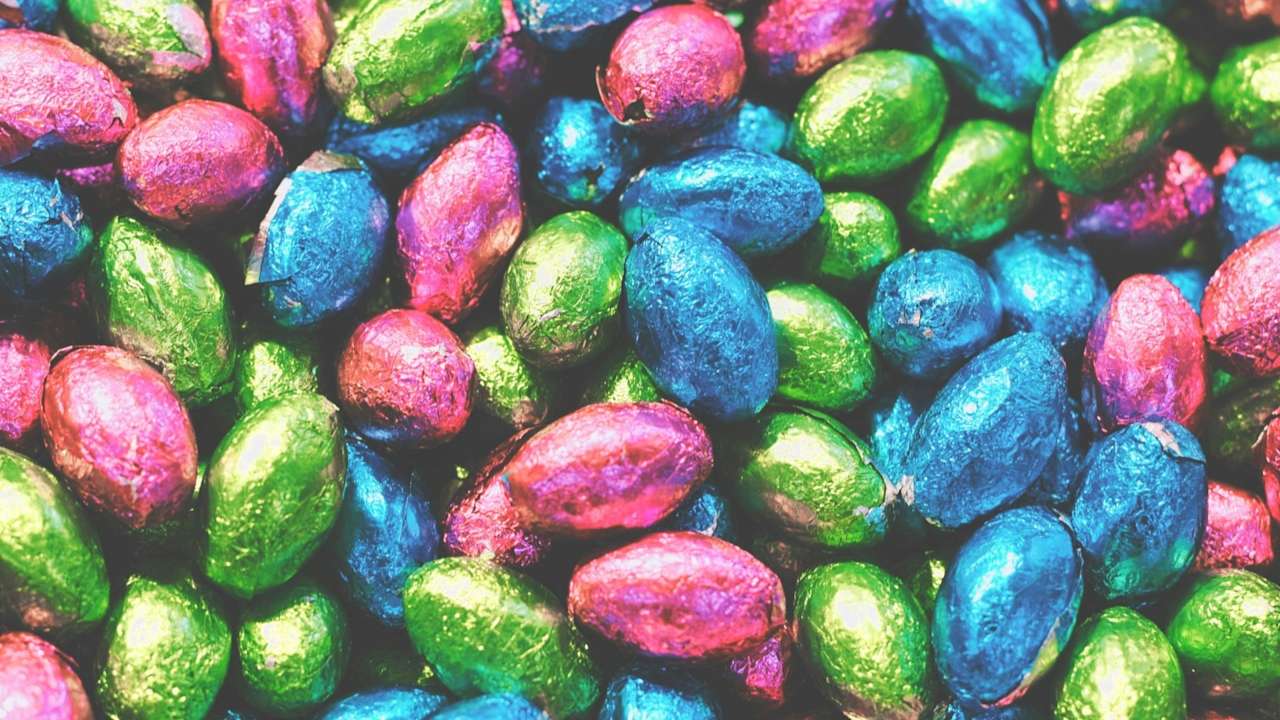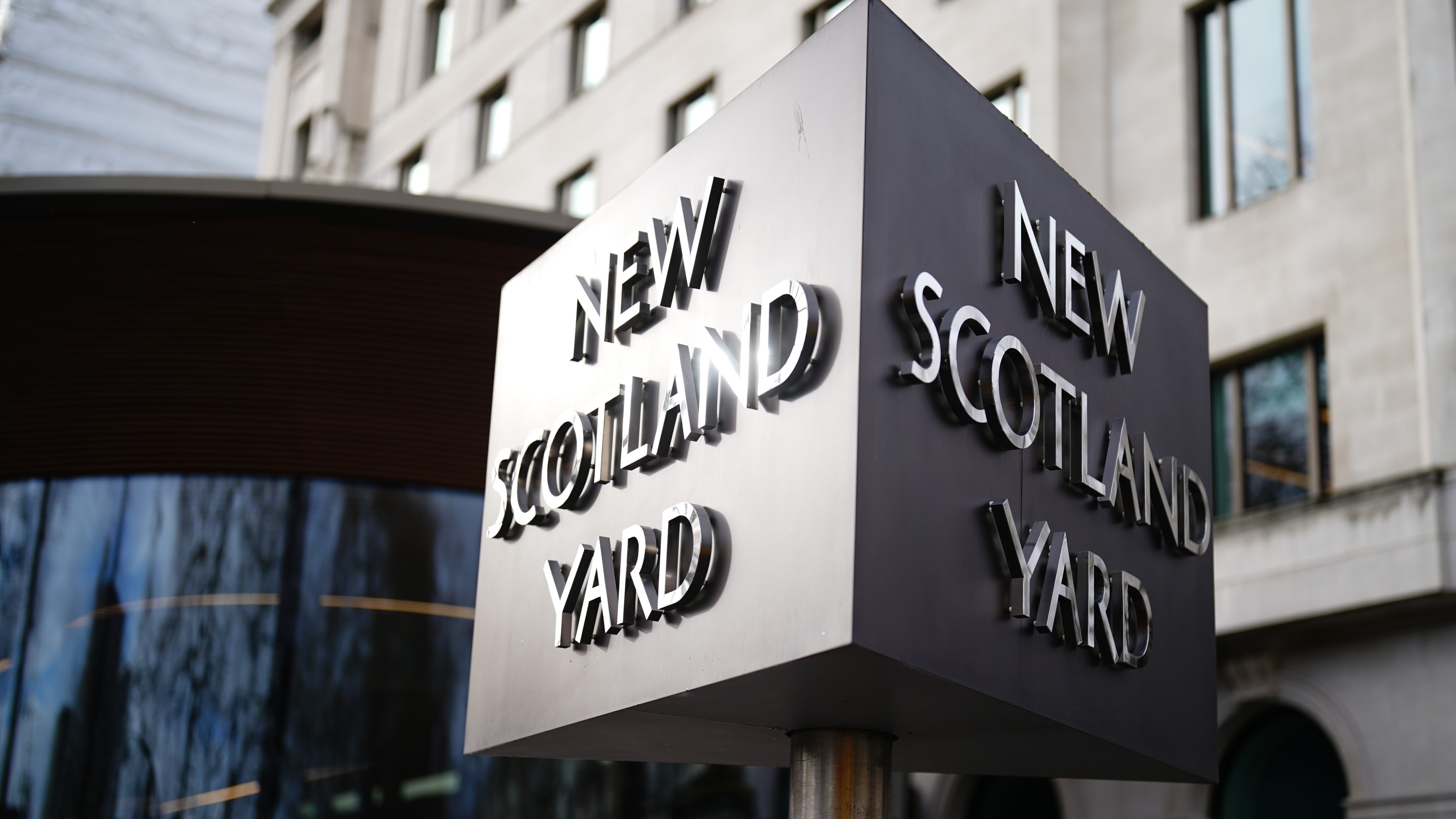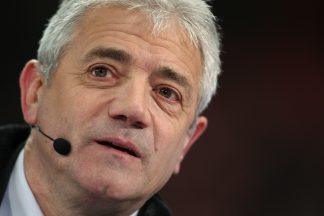Words by ITV News producer Lilly Croucher
Chocolate prices are expected to rise this year as the cocoa market hits a record high – but what does this mean for our favourite Easter treats?
Food inflation is still higher than several years ago but remained mostly unchanged over the last year, but chocolate prices have continued to rise.
The price of chocolate increased by almost 12% in December compared to the previous year, with large bars in particular being affected.
Why is the price of our favourite sweet treats so high?
According to market data from the Financial Times, cocoa market prices were up 143% on January 15 compared to the same time a year previously.
Around 60% of the world’s cocoa comes from West Africa, more specifically Ghana and Cote D’Ivoire, but many cocoa producing countries have been impacted by climate change, crop diseases and poor investment.
Vhari Russell, a Food Marketing expert described cocoa as “a commodity product that is held with traders”.
“Companies will buy huge quantities of cocoa months in advance suspecting it will be the right quality which increases the price,” she said.
She explained that supply chains are difficult to create, especially with developing countries, and it all starts with the farmers who “need to earn a fair living”.
“Chocolate bars are getting thinner – including Easter eggs – as big companies continue to try to turn a profit.”
“And with the increase of these prices we are now seeing the premiumisation of these products,” she added.
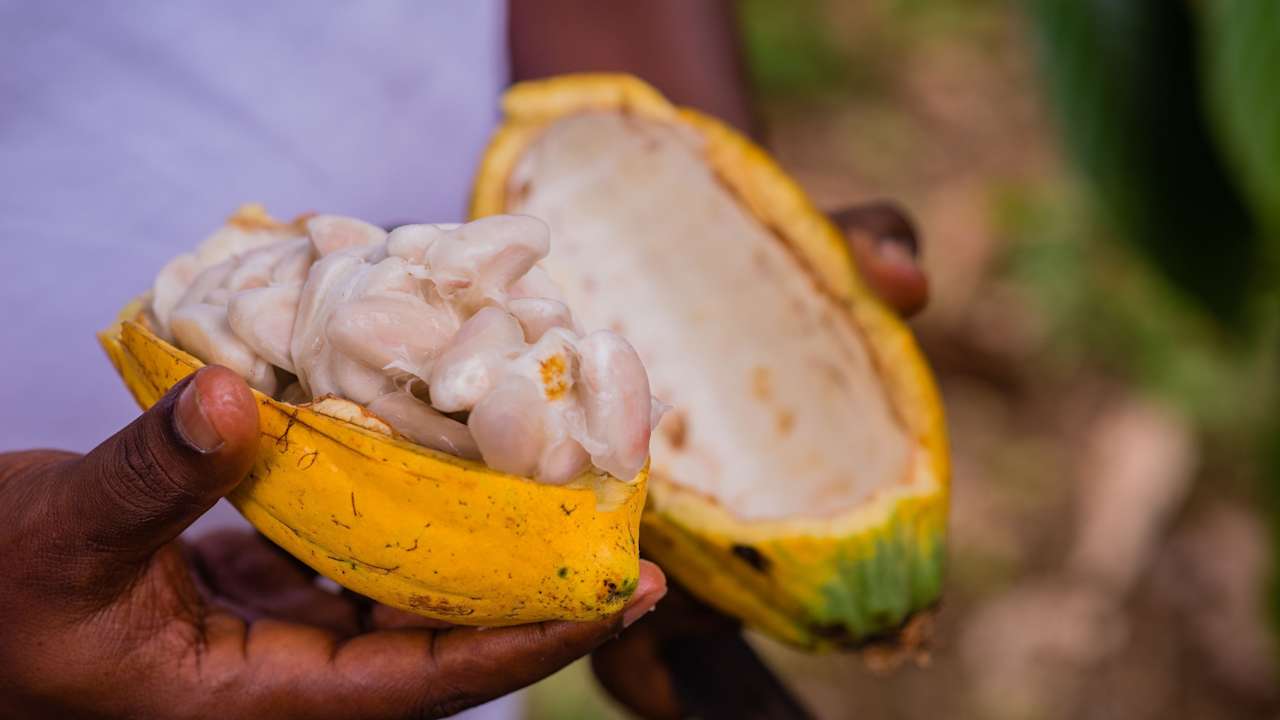
How has this affected independent UK chocolatiers?
For smaller businesses, the cocoa market has increased the price of ingredients and squeezed profit margins.
Ella McKay, founder of independent chocolate maker, FATSO, said her company’s costs have doubled within the past 18 months, but added the industry hadn’t seen any “meaningful prices increases” for around 15 years.
“For us buying direct from farmers, we can be assured much of the increased costs is going back to them,” she said.
“That’s definitely not the case across the industry, with corporates making more than ever and farmers being squeezed even more.”
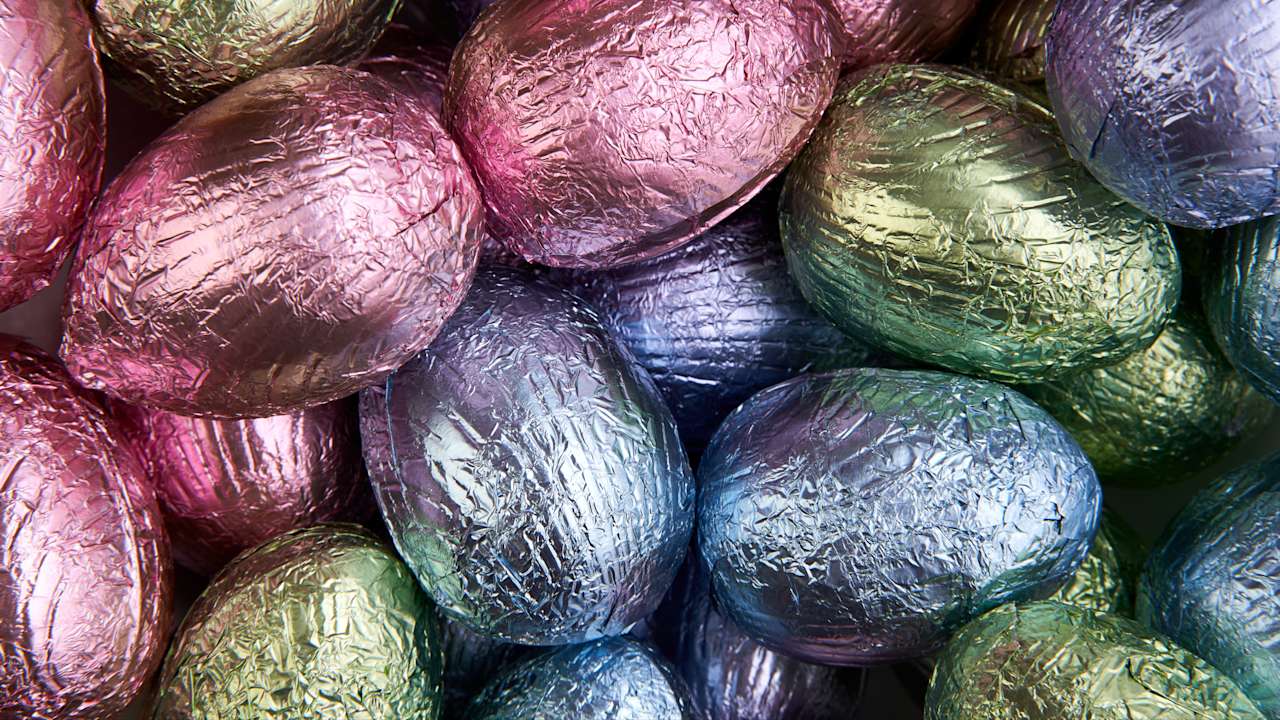
Claire Burnet, founder of Chococo, says we need to “rethink” chocolate and “stop thinking of it as a cheap sweet food”.
She says it needs to be treated with the same respect that craft coffee, wines or olives oils are given.
For her chocolate business it has been “one of our toughest [years] yet”, with global events such as Brexit and the Ukraine war creating challenges for supply chains, as well as the difficulties caused by the ever-changing cocoa market.
“We are working very closely with our chocolate partners in Ecuador and Colombia especially and for the last year have been trying to work out when are the best times to place our future orders,” Ms Burnet said.
“We thought it had settled last autumn after the peak in April, but it then rocketed up again just before Christmas to a new peak and has yet to come back down,” she added.
“We will do our very best to keep our prices competitive by keeping tight control of all our other costs, but given we are already a small lean business and are now buying chocolate at more than double historic prices, we cannot absorb all of these cost increases and still be a sustainable business.”
What are the big brands saying?
One brand that has seen resounding success in the chocolate market is premium ethical brand, Tony’s Chocolonely.
The chocolatier, which focuses on the welfare of its cocoa farmers, said it has seen prices increase around 70% but warned “high prices on the cocoa trading market don’t necessarily mean higher prices paid to cocoa farmers”.
Ben Greensmith, UK manager for Tony’s Chocolonely, said shoppers are likely to be paying more for their products this Easter compared to last year based on what the company is seeing in stores.
“Over the last eight months we’ve seen most big chocolate companies pass on increases of around 30-50% so chocolate is getting more expensive in the shops as a result,” he said.
“We’ve also seen some manufacturers move away from cocoa and replace it with more sugar and other ingredients,” he added.
Mr Greensmith said the Dutch chocolate brand would “not reduce the amount of cocoa in our bars” and instead will focus on growing volume, and the volume of cocoa it sources, so they can “help more farmers by enabling them to earn a living income”.
This week, Lindt reported “strong organic growth” of 7.8% in 2024 but despite this, the Swiss chocolate brand has admitted it had been a “challenging year characterised by record high cocoa costs, substantial price increases, and weakened consumer sentiment”.
Mondelez International, which owns Cadbury and Milka, said they have also been feeling the economic pressures across their supply chains and have had to make certain price increases.
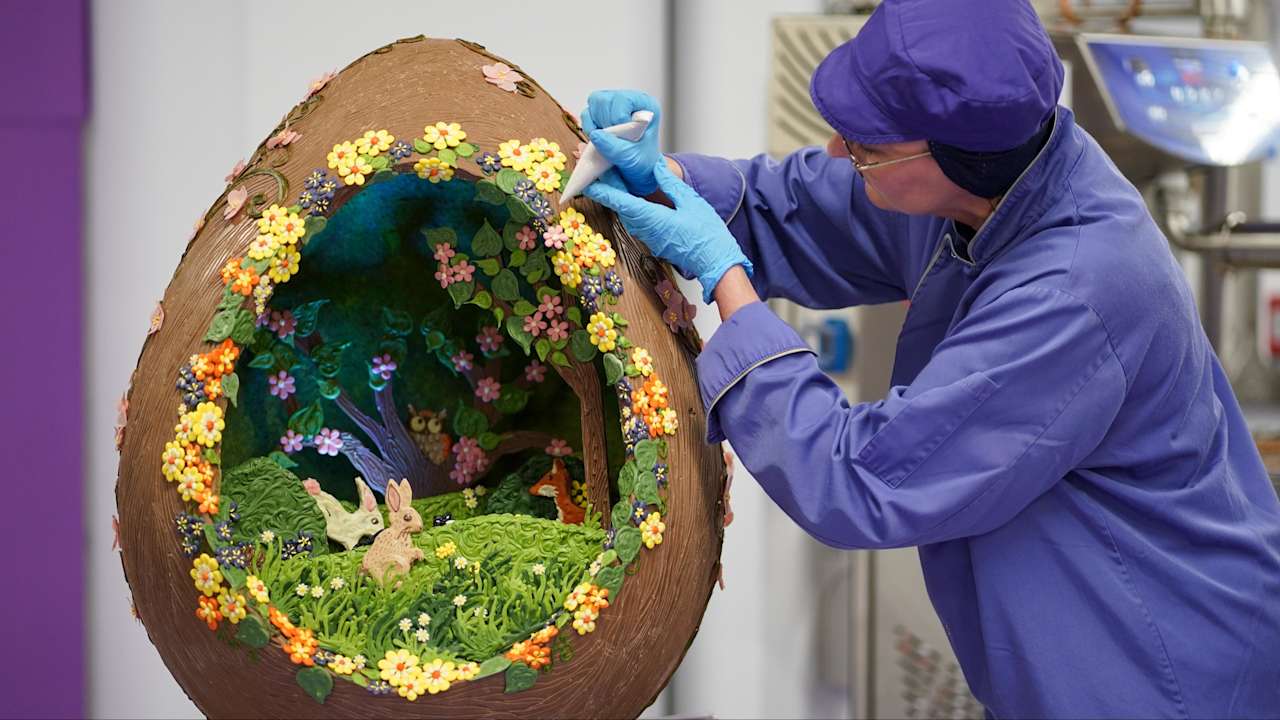
“We understand the economic pressures that consumers continue to face and raising prices is a last resort for our business,” the company said in a statement.
“We are continuing to experience significantly higher input costs across our supply chain, with ingredients such as cocoa and dairy which are widely used in our products, costing far more than they have done previously.
“Meanwhile, other costs like energy and transport also remain high. This means that our products continue to be much more expensive to make and while we have absorbed these costs where possible, we still face considerable challenges.
“As a result, we have had to make some carefully considered list price increases so that we can continue to provide consumers with the brands they love, without compromising on the great taste and quality they expect.”
Follow STV News on WhatsApp
Scan the QR code on your mobile device for all the latest news from around the country


